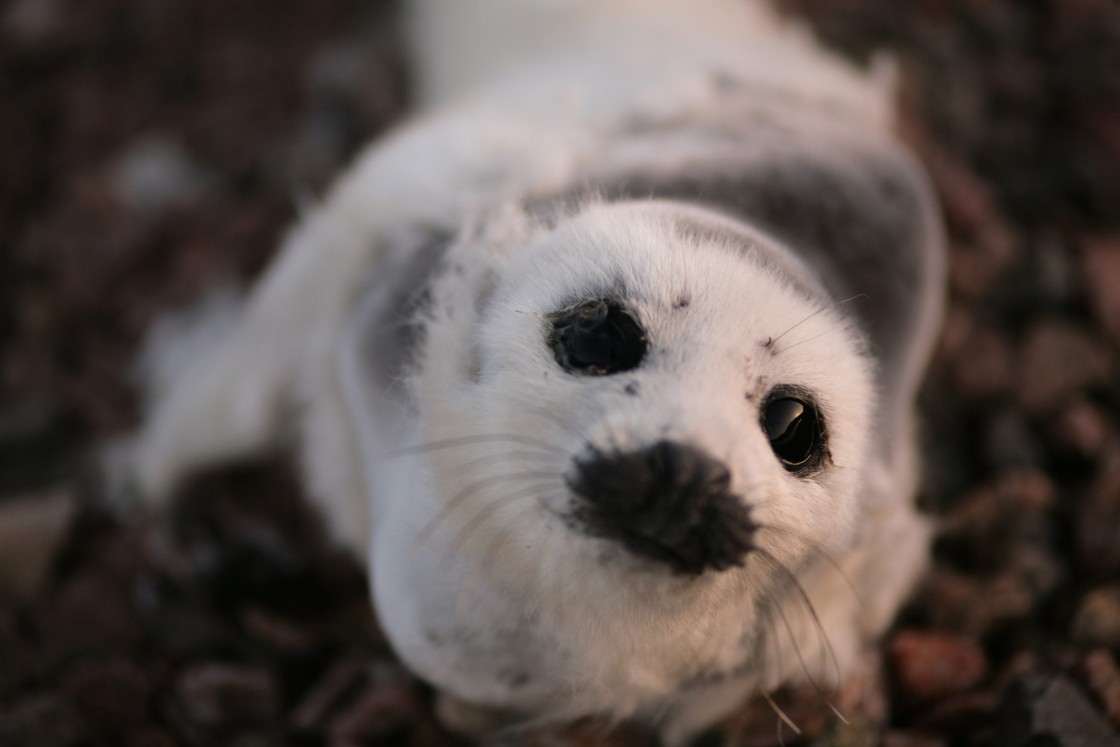Canada’s embattled sealing industry was dealt another blow Thursday when a European Union court upheld the EU’s three-year-old ban on seal products.

The General Court of the European Union issued a statement saying it rejected a challenge from a group that includes the Canadian Fur Institute, the seal processing industry and one of Canada’s largest Inuit groups.
The Luxembourg-based court said the existing ban is valid because it fairly harmonizes the EU market while protecting the economic and social interests of Inuit communities.
Even though the Inuit have an exemption that allows them to sell seal products in Europe, the Inuit Tapiriit Kanatami wanted the ban struck down because the group believes its markets will dry up if a wider ban remains in place.
Federal Fisheries Minister Keith Ashfield declined a request for an interview Thursday, but his office issued a statement saying Ottawa will defend the “traditional, sustainable and humane” hunt.
“The Conservative government and party are the only party standing up for hunters, as we understand the way of life in remote coastal communities where sealing is a means of survival,” the statement said.

Get breaking National news
“The ban on seal products adopted in the European Union was a political decision that has no basis in fact or science.”
The ban has hurt Canada’s 300-year-old commercial sealing industry, which landed only 38,000 harp seals in 2011, less than 10 per cent of the total allowable catch.
But the hunt endures.
More than 70,000 seals were slaughtered in 2012 and another 76,000 have been killed so far this season after $5 million in industry loans from the Newfoundland and Labrador government.
Rebecca Aldworth, Canadian director of Humane Society International, said the court’s decision represents more evidence that world markets for seal products are closing.
“The seal hunt continues today because of artificial life support … in the form of loans,” she said in an interview from Montreal. “Those subsidies can’t continue indefinitely.”
She said the federal and provincial governments should stop pouring public money into a losing battle and instead support a one-time buyout for seal hunters.
In Luxembourg, the EU court said it rejected the complainants’ argument that the main objective of the ban is the protection of animal welfare, something that falls outside EU jurisdiction.
“The regulation was thus adopted on a correct legal basis by the EU legislature under the ordinary legislative procedure,” the statement says.
The ruling goes on to say that some of the EU’s 27 member states, “in response to … pressure from citizens concerned about animal welfare,” had already banned seal products and others were in the process of doing so.
“The EU legislature took the view that, in the absence of action at EU level, obstacles to trade would arise,” the statement said.
The Inuit and representatives of the sealing industry have 60 days to file an appeal.







Comments